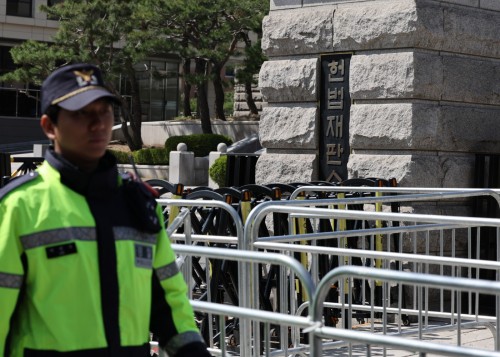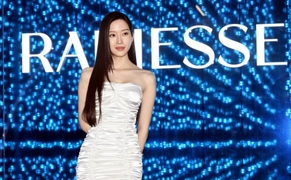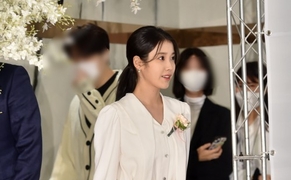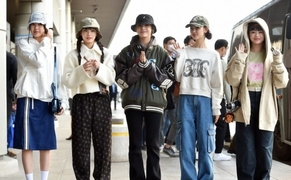 |
| Police stand guard in front of the Constitutional Court in Jongno District, Seoul, on April 15. The court was reportedly set to deliberate whether acting President and Prime Minister Han Duck-soo’s nomination of a Constitutional Court justice was unconstitutional. / Source: Yonhap News |
The Constitutional Court of Korea on April 15 began deliberations on a constitutional petition and injunction request challenging acting President and Prime Minister Han Duck-soo’s nomination of two Constitutional Court justices. Legal experts say the petition is likely to be dismissed due to unclear legal standing, though a decision on the injunction could come within the week.
According to legal sources, the court convened a closed-door meeting of justices to review the constitutionality of Han’s nomination of Lee Wan-kyu, head of the Ministry of Government Legislation, and Ham Sang-hoon, a senior judge at the Seoul High Court, to replace outgoing justices Moon Hyung-bae and Lee Mi-sun. A follow-up deliberation is scheduled for April 16.
Lawyer Kim Jung-hwan and National Assembly Speaker Woo Won-shik filed the petition, arguing that the power to nominate Constitutional Court justices is the exclusive prerogative of the president and cannot be exercised by an acting president, calling Han’s action an “unconstitutional abuse of power.”
The case has been assigned to Justice Ma Eun-hyuk, who will oversee both the petition and related proceedings. With the current justices set to retire by April 18, the court is expediting its review, and a ruling on the injunction could be delivered before then.
If five or more of the court’s nine justices approve the injunction, the effect of Han’s nominations will be suspended until the court issues a final ruling on the constitutional petition—a process that could take several months. In that scenario, the appointment of the nominees could be indefinitely delayed, potentially allowing the next elected president to make fresh nominations.
Legal opinions are divided. Some argue that acting presidents should only exercise passive powers necessary to maintain continuity, and that nominating justices constitutes an overreach. One legal source said, “This is an active and disruptive use of authority that may exceed constitutional bounds.”
Others point to the likelihood of dismissal due to the petitioners' lack of standing, which is a key criterion in constitutional cases. Lee In-ho, a law professor at Chung-Ang University, said, “There is no constitutional right of the Speaker or others that has been violated by Han’s nominations, so the petition should be dismissed outright.”
Attorney Lee Heon also noted, “It’s unclear what specific rights the petitioners claim were infringed by the nominations. Since both injunctions and constitutional petitions require clear legal standing, that will likely be a decisive factor.”
He added that filling judicial vacancies is essential for the functioning of a constitutional institution and could be viewed as fulfilling the duty to safeguard the Constitution—thus justifying Han’s actions.
Most Read
-
1
-
2
-
3
-
4
-
5
-
6
-
7





















